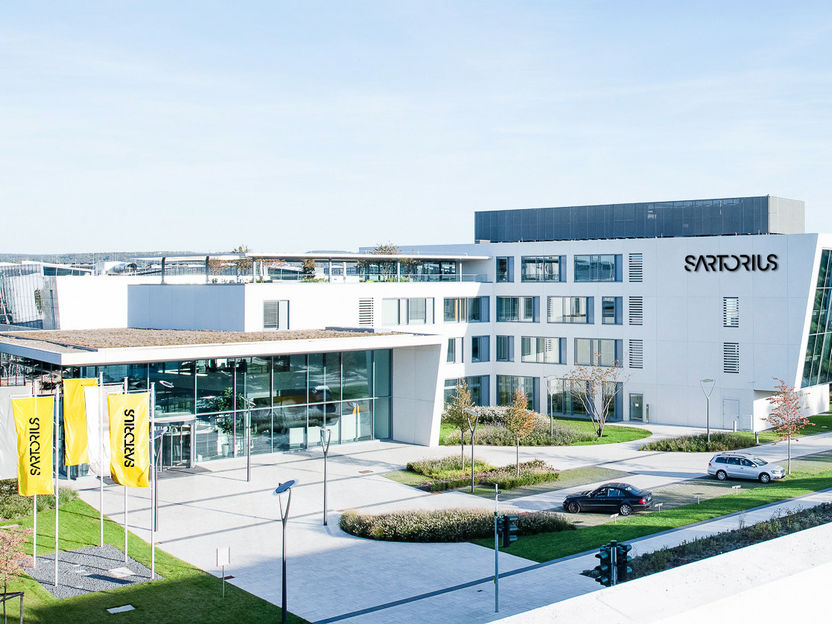Glivec seeking to become first targeted treatment for adult patients with a form of acute lymphoblastic leukemia
Novartis has submitted a marketing authorization application for Glivec® (imatinib) known as Gleevec® (imatinib mesylate) tablets in the U.S. to the European regulatory for approval in the treatment of adult patients with Philadelphia chromosome-positive acute lymphoblastic leukemia (Ph+ ALL), either as single agent or in combination with chemotherapy.
If approved for this new indication, Glivec would be the first therapy that specifically targets a genetic abnormality responsible for Ph+ ALL. Long-term outcomes with current drug treatment options have been poor and allogenic stem cell transplants have limited access and high risk. Approximately 2,500 new cases of Ph+ ALL are estimated each year in Europe and the US. Submission for US approval is planned to occur by the end of 2005.
Data for the Ph+ ALL submissions demonstrated two-year disease free survival of up to 87% and one-year overall survival of up to 84% for newly diagnosed patients taking Glivec with a standard chemotherapy regimen. Glivec targets the activity of abnormal proteins called tyrosine kinases that play important roles within certain cancer cells. Glivec inhibits the function of a tyrosine kinase known as Bcr-Abl in Ph+ ALL as well as in Ph+ CML. Bcr-Abl is the most common genetic abnormality in the adult form of ALL (also called acute lymphocytic leukemia).
First launched in 2001 and now available in more than 80 countries, Glivec is a signal transduction inhibitor approved to treat Ph+ chronic myeloid leukemia and certain types of gastrointestinal stromal tumors (GIST). It is one of the first oncology drugs that validate rational drug design based on an understanding of how some cancer cells work.
Other news from the department research and development

Get the life science industry in your inbox
By submitting this form you agree that LUMITOS AG will send you the newsletter(s) selected above by email. Your data will not be passed on to third parties. Your data will be stored and processed in accordance with our data protection regulations. LUMITOS may contact you by email for the purpose of advertising or market and opinion surveys. You can revoke your consent at any time without giving reasons to LUMITOS AG, Ernst-Augustin-Str. 2, 12489 Berlin, Germany or by e-mail at revoke@lumitos.com with effect for the future. In addition, each email contains a link to unsubscribe from the corresponding newsletter.
Most read news
More news from our other portals
Last viewed contents
Edward_J._Steele
New MRI technique sheds technology's longtime limits

Sartorius closes 2020 with strong growth - Group management raises sales target for 2025 to about 5 billion euros
Apollo Life Sciences Begins Tests of Oral TNF Blocker for Arthritis
























































